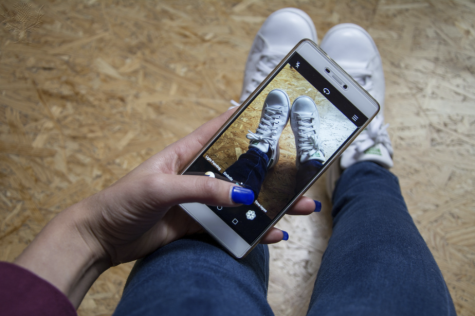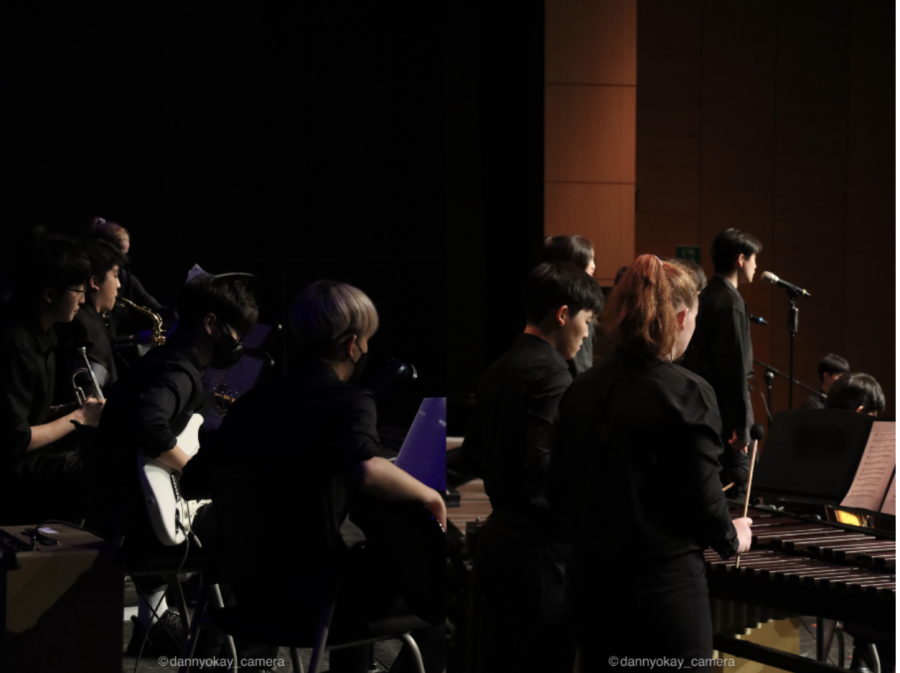Gen Z? Or Gen D(epressed?)
0.5 selfies just hit different, no cap. And btw, you’re such a simp!
Feeling lost in the Gen Z slang?
Generation Z, a group of people born between 1997 to 2012, is the first digitally native generation. Since their childhood, they have been exposed to social networks, relying on the media for communication, entertainment, and information. Recently, platforms such as Instagram and TikTok have shackled teenagers to a virtual world where they are constantly glued to their screens.
With the rise of these media platforms, a troubling reality lurks underneath the future of Generation Z: the social media craze is slowly devouring teenagers while their pursuits are passing them by.

Social media platforms such as Instagram, TikTok, and Snapchat are designed to be addictive, with features such as infinite scrolling, notifications, and likes that amuse users for hours on end. Many teenagers compulsively check their phones throughout the day, unable to withstand the urge to see what their friends are up to, share updates about their lives, or mindlessly consume more content. According to SlickText, teenagers in Generation Z watch about 7.2 hours of videos daily, bouncing from TikTok to YouTube to Netflix. Furthermore, a survey conducted by Morning Consult revealed that 54 percent of Gen Z-ers said they spend at least four hours daily on social media.
Social media has undoubtedly revolutionized how people communicate, share information, and interact with each other; however, its toxicity continually harms Generation Z’s mental health and self-esteem. Social media addiction among Generation Z is primarily fueled by the pressure of presenting a flawless online persona. Apps like Instagram are platforms where people showcase their best selves, often sharing filtered images that paint an idealistic image of their lives. Those make-believe posts growingly dominate their perceptions and create an unattainable standard for teenagers, which breeds feelings of inadequacy. They may feel beset by the insatiable need to present themselves in a certain way, constantly comparing themselves to others and striving for far-fetched perfection.
According to Union Leader, Ani Brooks, a “Gen Z” senior at Dover High School, says that girls may experience body dysmorphia due to being exposed to images of models, which can lead to depression if they feel they don’t measure up. Additionally, viewing such images may contribute to the development of eating disorders and generalized anxiety about one’s appearance in society, placing a significant amount of pressure on how one presents oneself.
In addition, adults fret about how social media alienates Generation Z from the real world. Many young people spend hours scrolling through their social media feeds rather than interacting with their peers in person. Wherever you go, it is common to see teenagers constantly documenting everything on their phones, unlike the “good old days” when teenagers were soaked in the present moment. Adults are concerned that this trend can harm Generation Z’s social skills, curbing them from forming holistic connections.
As social media continues to play a central role in the lives of Generation Z, teenagers need to learn how to navigate the digital world in a healthy and positive way. Although social media is an immediate cure for boredom, there are many other more nourishing and productive ways to spend time, like hanging out with friends and family, hitting the gym, or exploring new passions and hobbies.













